By Alex Hansen, certified Apprentice Beekeeper in the Oregon Master Beekeeper program
As the blackberry honey flow begins in the Willamette Valley, honeybees will be actively foraging and storing nectar for their increasing populations. Things that beekeepers are doing at this time of year include ventilation, protecting against robbers, taking steps to avoid swarming, and supering.
In the Willamette Valley, ventilation is most crucial during wet months, as excessive moisture and mold can be deadly to bees. But it is also a concern during hot summer months. Ventilation can be accomplished by using a screened bottom board and/or a vivaldi cover. Moving (or removing) entrance reducers to let more ventilation in is another thing to consider. The need for ventilation should be balanced with the need to protect against robbers. As the weather gets warmer, robbers—yellow jackets and bees from other hives trying to steal nectar from your hives—become a concern. Make sure there are not any cracks or other spaces where robbers can invade. Adjust the entrance reducer so that the bees have a smaller space to defend. Make inspections quick so that robbers are not attracted to the smell of honey coming from your open hive. Watching the comings and goings of the bees at the entrance is not only fun, it will also help you assess whether they are fending off robbers or if they seem overwhelmed. If a colony is strong and healthy, it can usually survive robbers, repulsing them with minimal losses. If you have been feeding your bees well during the spring, the colony is more likely to be strong. Reducing the chances of swarming includes making sure the bees have ample space above them into which they can move. Also important are making sure they have enough food stores and that they have a strong queen. A good brood pattern and calm bee behavior are signs of a healthy queen. Supers give bees a space where they can use frames exclusively for honey storage, assuming that the brood chambers below are not overcrowded. Of course, if the honey supers are going to be harvested for human consumption, treatments for pests should not be done until after the supers are removed later in the summer.
